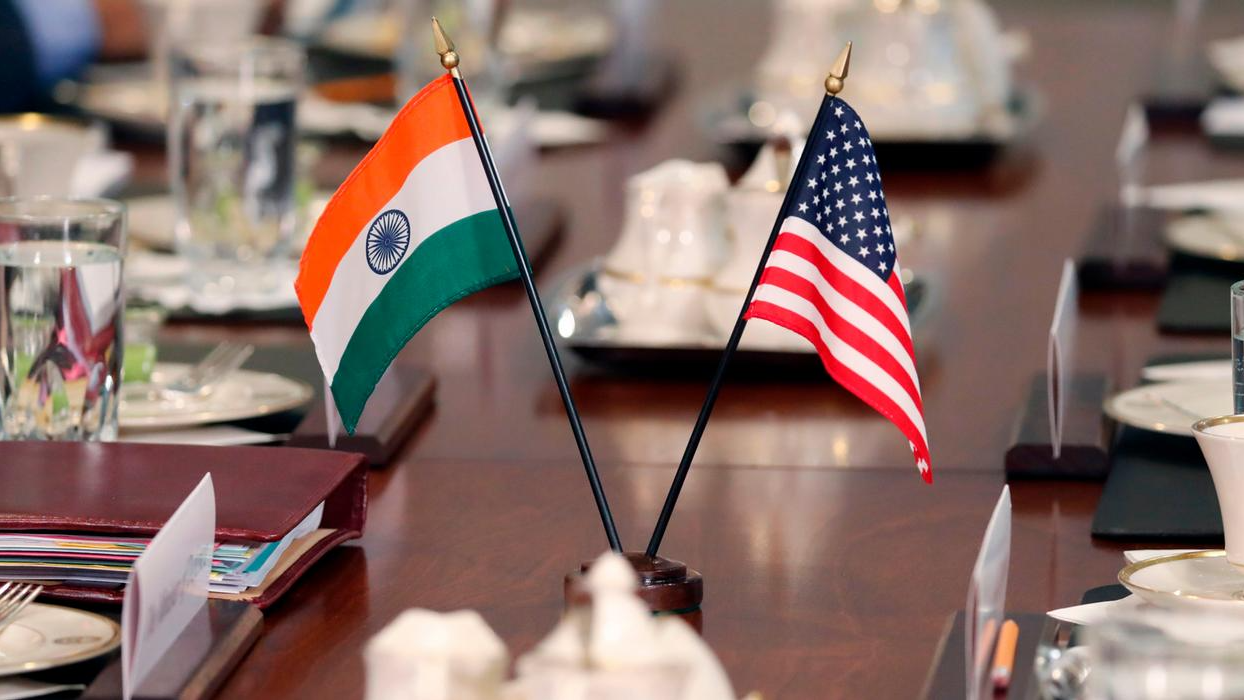

As the United States pushes for what President Donald Trump has called a “very big” trade deal to open up the Indian market, negotiations have hit a critical juncture centered on four key agricultural products. While the US seeks to dismantle trade barriers for its formidable farm exports, India has drawn clear “red lines” to protect its domestic agriculture sector and the livelihoods of millions of farmers. This fundamental conflict has turned corn, ethanol, soyabean, and dairy into the primary battlegrounds of the ongoing talks.
Two of India's firmest lines are drawn against genetically modified (GM) crops, specifically corn (maize) and soyabean. The US is a global powerhouse in producing GM varieties of both, which offer higher yields. Currently, India imposes steep tariffs on corn imports and completely prohibits the import of GM corn. A potential compromise has been proposed: allowing GM corn imports exclusively for producing fuel ethanol, thereby preventing it from entering the human or animal food chain. However, this faces strong resistance from India's sugar lobby, which fears it would be marginalized in the ethanol program, and presents political challenges in key corn-producing states like Bihar.
A similar issue exists with soyabean. India permits the import of GM soyabean oil but bans the import of the whole GM bean and its residual de-oiled cake, where the GM protein matter resides. A proposal to import GM soyabeans for oil extraction, with the de-oiled cake being re-exported, has been floated. But with soyabean being a major crop in several BJP-ruled states, allowing any form of GM soyabean import remains politically sensitive.
The third point of contention is ethanol. The US is the world's top producer and exporter, and while India is a major market, it currently allows ethanol imports only for non-fuel industrial purposes. Opening the market to fuel-grade ethanol from the US is a major "red line" for India. Doing so would be seen as undermining the country's own Ethanol Blended Petrol (EBP) program, which is designed to reduce fuel import dependency and support domestic sugarcane and grain farmers.
Finally, the dairy sector represents perhaps the most protected area. India maintains high import duties on products like cheese, butter, and milk powder, making most imports unviable. More significantly, it imposes a unique non-tariff barrier, requiring that all imported dairy products come from animals that have not been fed any formulations containing bovine-derived tissues or blood meal. The US views this as a non-scientific barrier. While India is unlikely to yield significant ground on dairy, the US may be using it as a powerful leveraging point to gain concessions on the other three commodities. The resolution of these four complex issues will ultimately determine the fate of any future trade agreement.